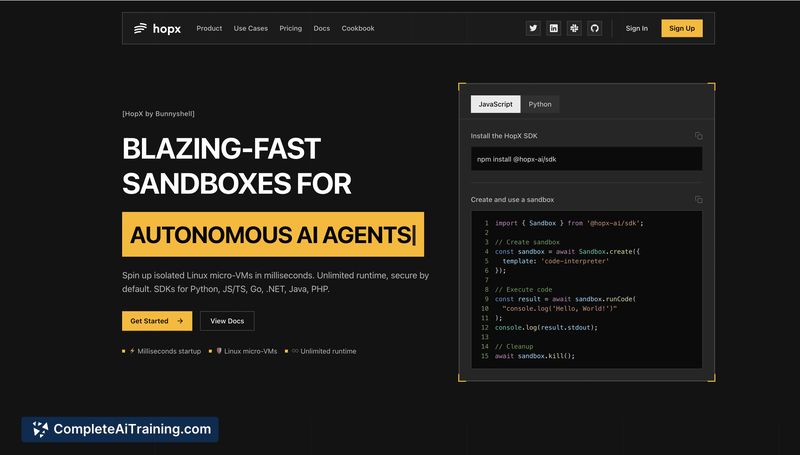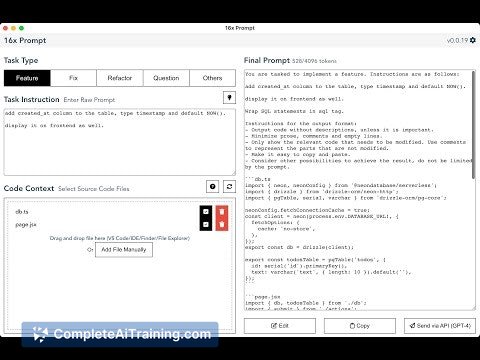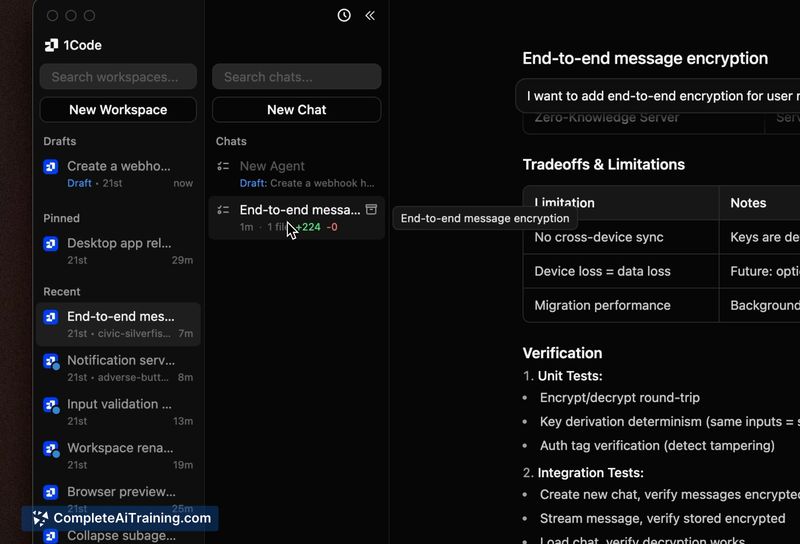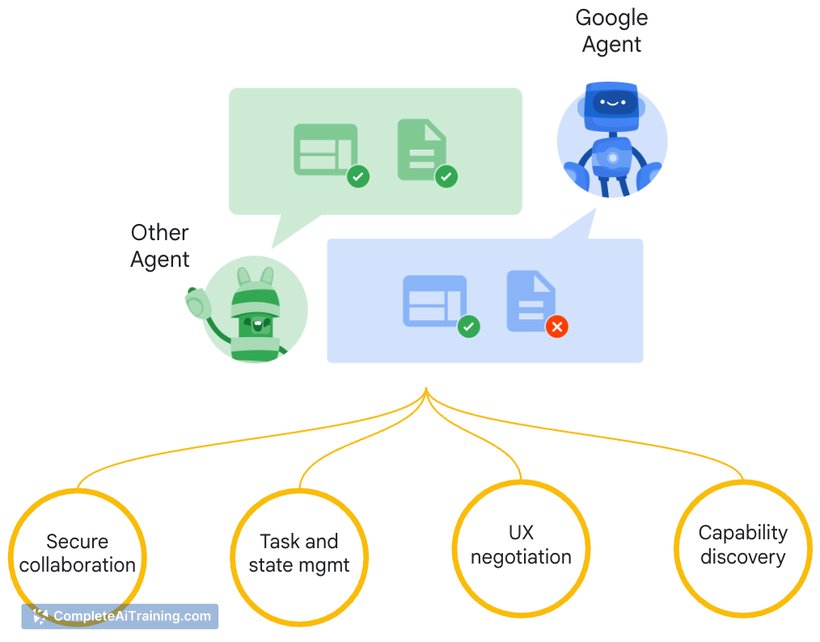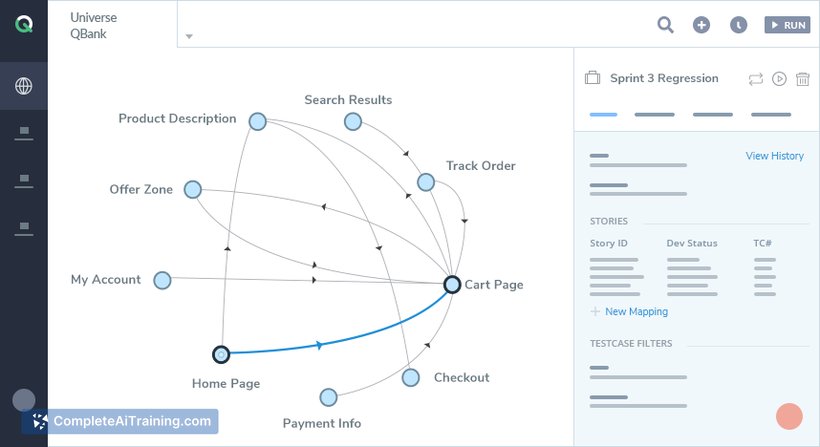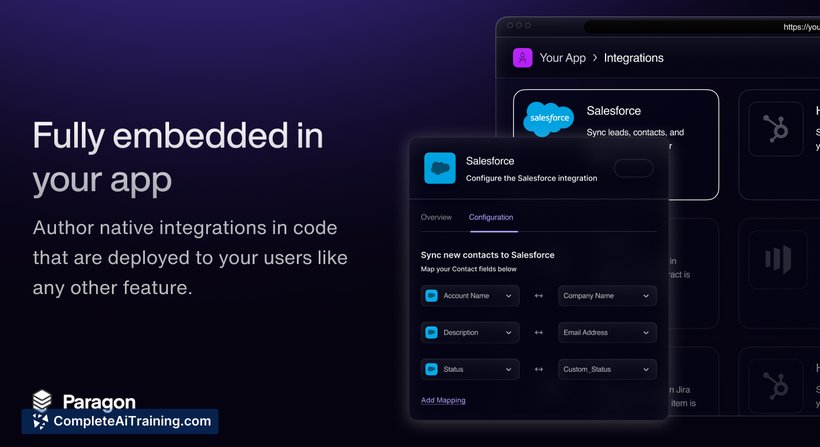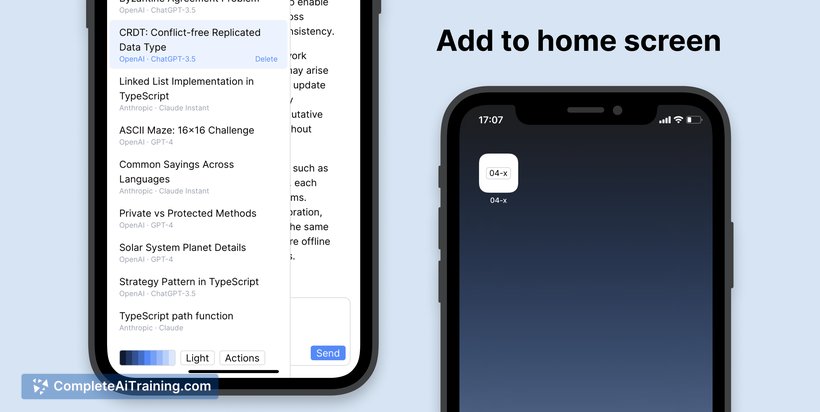About The Cloud for AI Agents
The Cloud for AI Agents provides instant, isolated Linux micro-VM sandboxes built on Firecracker technology for running AI agents, notebooks, or untrusted code safely at scale. Sandboxes boot in roughly 100-150 ms, persist full state, and are accessible through SDKs and simple APIs for quick integration.
Review
This platform is aimed at developers and teams that need fast, VM-level isolation for ephemeral workloads without lengthy setup. It combines very low startup latency with full Linux access and language SDKs to make prototyping and running agent-driven workflows straightforward.
Key Features
- Micro-VM sandboxes based on Firecracker that launch in ~100-150 ms for fast, ephemeral environments.
- True VM-level isolation with full Linux access and persistent state for each sandbox.
- Official SDKs (JavaScript, Python) and beta SDKs for additional languages, plus ready-to-use templates (e.g., code-interpreter).
- No cold-start delays and no enforced runtime limits on sandboxes, enabling longer-running experiments and services.
- Clean APIs and examples that let you spin up, execute code, and destroy sandboxes programmatically.
Pricing and Value
At launch there is a free access tier and early users are offered promotional compute credits to try the platform. Public documentation on full paid plans is limited on the landing page; the most likely commercial model will be usage-based billing tied to compute/runtime. For teams that need fast, isolated execution for agent workflows or untrusted code, the platform offers clear value by reducing the time and effort to provision safe environments and by avoiding heavyweight VM or container orchestration.
Pros
- Very low startup latency makes iterative development and large numbers of short-lived sandboxes practical.
- Strong isolation using micro-VMs improves security compared with shared-container approaches.
- Persistent state and full Linux access support a wide range of workloads (agents, notebooks, self-hosted models, ETL jobs).
- SDKs, templates, and simple APIs shorten the path from install to running code.
Cons
- Early-stage offering: official SDK coverage is limited to a few languages with others in beta, so language support may be incomplete for some teams.
- Public pricing and enterprise billing details are sparse, which makes cost forecasting harder until more documentation or plans are published.
- Teams with complex, existing cloud architectures may need to evaluate integration patterns and operational trade-offs before adoption.
Overall, The Cloud for AI Agents is well suited for developers and small teams building AI agents, code interpreters, rapid prototypes, or any scenario requiring safe execution of untrusted code with minimal latency. Organizations that require mature enterprise billing, exhaustive language support, or deep cloud integration should pilot the platform first to confirm it fits their operational needs.
Open 'The Cloud for AI Agents' Website
Your membership also unlocks:

